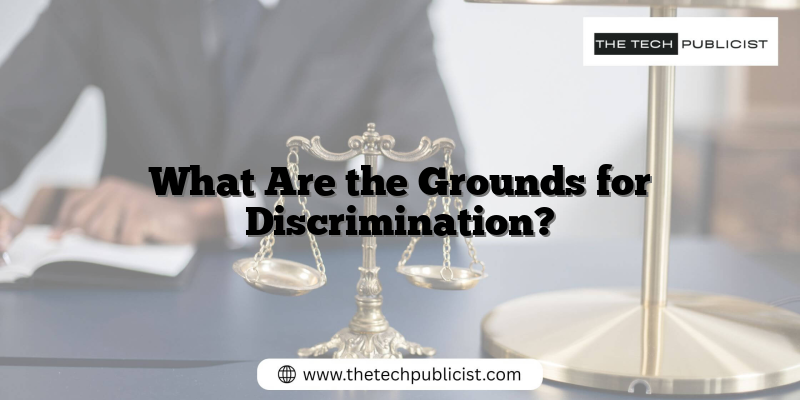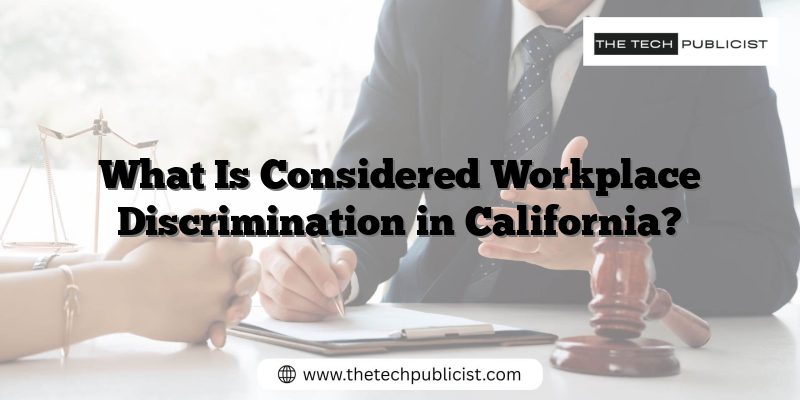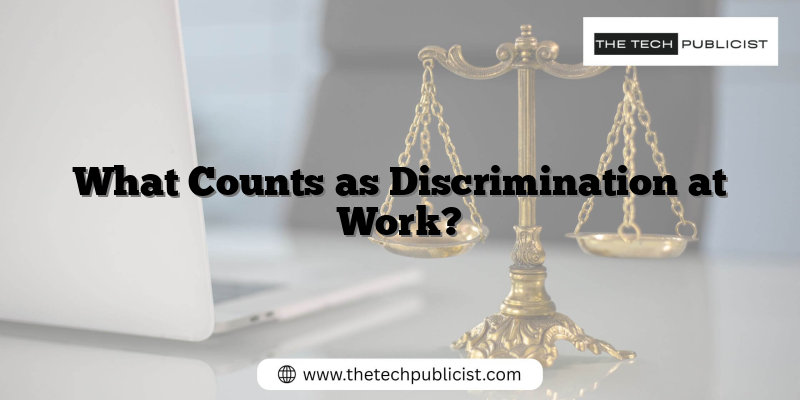What to Know / Key Takeaways
- Discrimination occurs when individuals are treated unfavorably due to specific protected characteristics.
- Common grounds for discrimination include race, gender, age, disability, and religion.
- Legal frameworks exist to protect individuals from discrimination in various sectors, including employment and public services.
- Victims of discrimination can seek remedies through legal channels and reporting mechanisms.
- Understanding your rights is crucial for addressing potential discrimination issues.
Understanding Discrimination
Discrimination refers to the unfair treatment of individuals based on specific characteristics that are often inherent or fundamental aspects of their identity. Such treatment can occur in various settings, including workplaces, educational institutions, housing, and public services. Over time, legal protections have emerged to combat discrimination and promote equality.
Common Grounds for Discrimination
Race and Ethnicity
Race and ethnicity are among the most frequently cited grounds for discrimination. Individuals may face unjust treatment based on their skin color, ancestry, or cultural background. This form of discrimination can manifest in various ways, including exclusion from job opportunities, housing challenges, and unequal educational resources.Gender and Sex
Discrimination based on gender or sex can include unequal pay, limited job opportunities, and harassment in the workplace. Both men and women can be victims of gender discrimination; however, women and non-binary individuals often face greater challenges due to systemic biases.Age
Age discrimination typically affects younger workers and older employees. The Age Discrimination in Employment Act (ADEA) protects individuals who are 40 years of age or older from employment discrimination based on age. Younger individuals may also face biases regarding their capabilities and experience.Disability
The Americans with Disabilities Act (ADA) prohibits discrimination against individuals with disabilities in various settings, including employment, education, and public accommodations. Employers are required to provide reasonable accommodations to enable individuals with disabilities to perform their essential job functions.- Religion
Religious discrimination occurs when an individual is treated unfavorably because of their religious beliefs or practices. Employers must accommodate employees’ beliefs unless doing so would impose an undue hardship on the business.
Legal Protections Against Discrimination
Various federal and state laws protect individuals from discrimination. The Civil Rights Act of 1964 is one of the most significant pieces of legislation addressing discrimination. It prohibits discrimination based on race, color, religion, sex, or national origin in a variety of sectors. Additionally, local laws may provide further protections.
Government agencies, such as the Equal Employment Opportunity Commission (EEOC), enforce these laws and offer avenues for individuals to report discriminatory practices. Victims can seek to resolve their issues through mediation or litigation.
How to Handle Discrimination
If you believe you have been a victim of discrimination, here are steps to consider:
Document Everything
Keep detailed records of any incidents, including dates, times, locations, and witnesses. Documentation can be crucial if you decide to take legal action.Report the Incident
If discrimination occurs in a workplace or educational setting, report it to the appropriate authority. Many organizations have policies and procedures in place to address such complaints.- Seek Legal Advice
Consult with a qualified attorney to explore your options. Legal professionals can provide guidance tailored to your specific situation, helping you understand your rights and potential remedies.
FAQs
What constitutes discrimination?
Discrimination happens when an individual is treated unfairly due to specific protected characteristics, such as race, gender, age, or disability.
What laws protect against discrimination?
The Civil Rights Act of 1964, the Americans with Disabilities Act (ADA), and the Age Discrimination in Employment Act (ADEA) are key laws governing discrimination in the U.S.
How can I report discrimination?
Discrimination can be reported through internal organizational channels or external agencies like the Equal Employment Opportunity Commission (EEOC).
What should I do if I’m discriminated against?
Document the occurrences, report the issue to the appropriate authority, and consider seeking legal advice to understand your rights.
Can I seek compensation for discrimination?
Individuals may pursue legal remedies, which can include compensation for damages, but this varies based on the circumstances and severity of the discrimination.
Conclusion
Understanding your rights is vital in facing and addressing discrimination. If you or someone you know has experienced unfair treatment, consider contacting a local law firm for guidance tailored to your specific situation. Legal professionals can assist you in navigating the complexities of discrimination law and help ensure your rights are upheld.
For further information on discrimination laws, you can visit U.S. Equal Employment Opportunity Commission or check out the Civil Rights Act for a comprehensive overview.

Manali is the founder and editor of The Tech Publicist, a legal-focused blog dedicated to breaking down complex legal topics into plain, practical advice. With a passion for empowering everyday readers, Manali writes about personal rights, property laws, and real-world legal situations that matter. When not decoding the law one article at a time, Manali enjoys diving into tech trends and advocating for accessible legal education.




